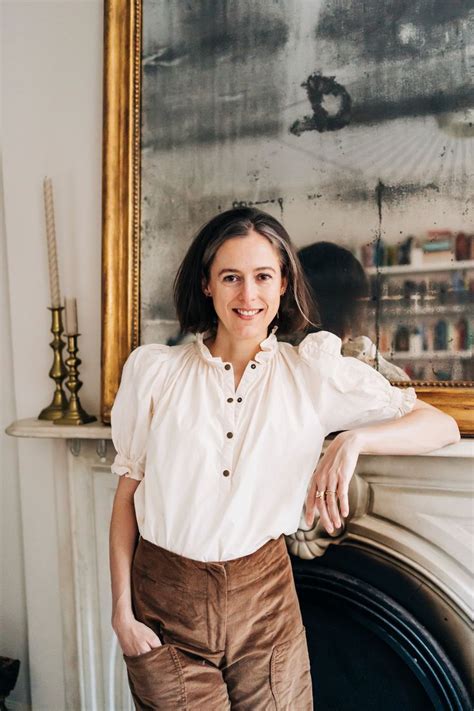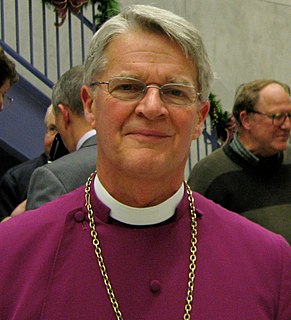A Quote by Adam Garfinkle
What interests us about the past is at least partly a function of what bothers us or makes us curious in the present.
Related Quotes
The primary function of poetry, as of all the arts, is to make us more aware of ourselves and the world around us. I do not know if such increased awareness makes us more moral or more efficient. I hope not. I think it makes us more human, and I am quite certain it makes us more difficult to deceive.
The resurrection is not a static and an isolated event fixed in the past, but the unleashing of a power and force that takes the form of a death defying love. Resurrection is ever present, constantly accosting us, challenging us, stretching us, cracking us open and seeking to have its way with us in order that we might come to maturity in Christ.
Mindfulness is about finding ways to slow down and pay attention to the present moment-which improves performance and reduces stress. It’s about having the time and space to attend to what’s right in front of us, even though many other forces are trying to keep us stuck in the past or inviting us to fantasize or worry about the future. It’s about a natural quality each of us possesses, and which we can further develop in just a few minutes a day.
History in Burckhardt's words is 'the record of what one age finds worthy of note in another.' The past is intelligible to us only in light of the present; and we can fully understand the present only in light of the past. To enable man to understand the society of the past and to increase his mastery over the society of the present is the dual function of history.





































